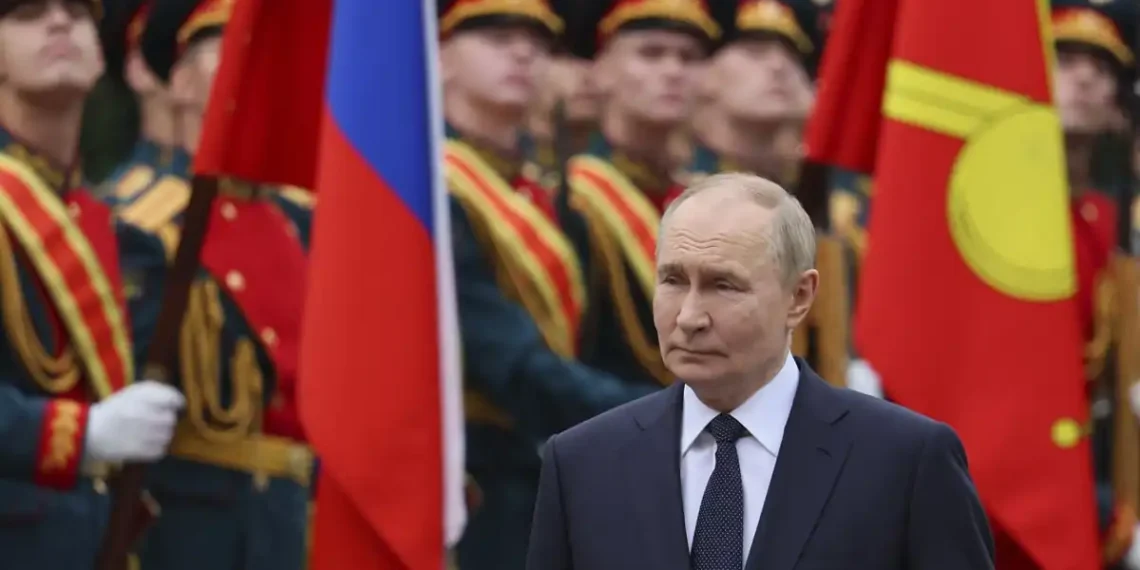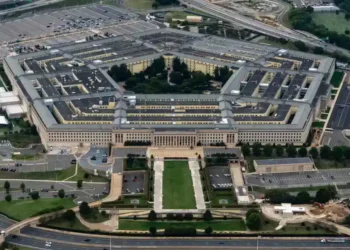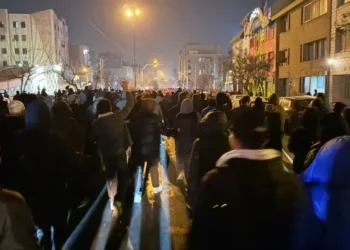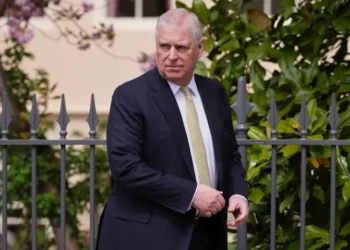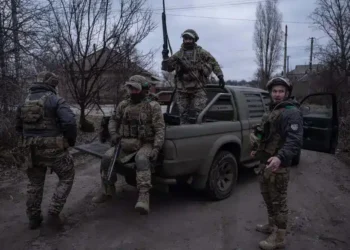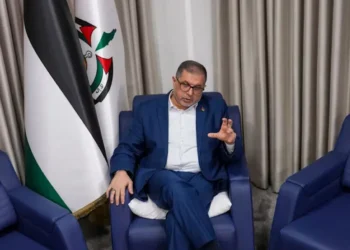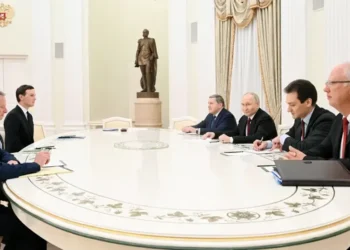Putin Not Planning Trump Call After U.S. Strikes on Iran—but Kremlin Says It Could Happen Fast
Russian President Vladimir Putin isn’t currently planning a call with former U.S. President Donald Trump following the recent U.S. strikes on Iran’s nuclear sites, the Kremlin said Sunday. However, officials noted that if needed, a conversation “could be quickly arranged,” according to Russian state media outlet TASS.
The statement comes amid heightened global tensions after the U.S. military launched strikes targeting Iran’s nuclear infrastructure. While Trump has not directly commented on the strikes, the escalation has drawn swift condemnation from several of Washington’s rivals—including Russia and China.
Russia and Iran: A Growing Alliance
Russia has steadily deepened ties with Iran in recent years. In January, the two nations signed a “comprehensive partnership agreement”—a deal signaling closer strategic cooperation. However, it’s worth noting that the agreement stops short of a mutual defense pact; it doesn’t require either country to militarily defend the other if attacked.
Putin and Xi: United in Condemnation of Israel’s Strikes
Just days earlier, Putin and Chinese President Xi Jinping held a phone call in which they sharply criticized Israel’s recent attacks on Iran. According to statements from both the Kremlin and China’s foreign ministry, the two leaders emphasized a shared concern over what they see as destabilizing actions in the region.
While neither statement directly mentioned the United States, Xi appeared to issue a pointed warning aimed at Trump, calling on “major powers” to act responsibly and “cool the situation, not the opposite.” It was a subtle, but unmistakable, signal.
The Bigger Picture
As tensions rise across the Middle East, the geopolitical lines are becoming clearer: Russia and China are positioning themselves as counterweights to U.S. influence, especially in conflicts involving Iran and Israel.
While Putin has kept direct lines of communication with Trump open in the past, the Kremlin’s current stance suggests they’re holding back—at least for now.
But in the volatile world of international diplomacy, that could change with a single phone call.
This article was rewritten by JournosNews.com based on verified reporting from trusted sources. The content has been independently reviewed, fact-checked, and edited for accuracy, neutrality, tone, and global readability in accordance with Google News and AdSense standards.
All opinions, quotes, or statements from contributors, experts, or sourced organizations do not necessarily reflect the views of JournosNews.com. JournosNews.com maintains full editorial independence from any external funders, sponsors, or organizations.
Stay informed with JournosNews.com — your trusted source for verified global reporting and in-depth analysis. Follow us on Google News, BlueSky, and X for real-time updates.
